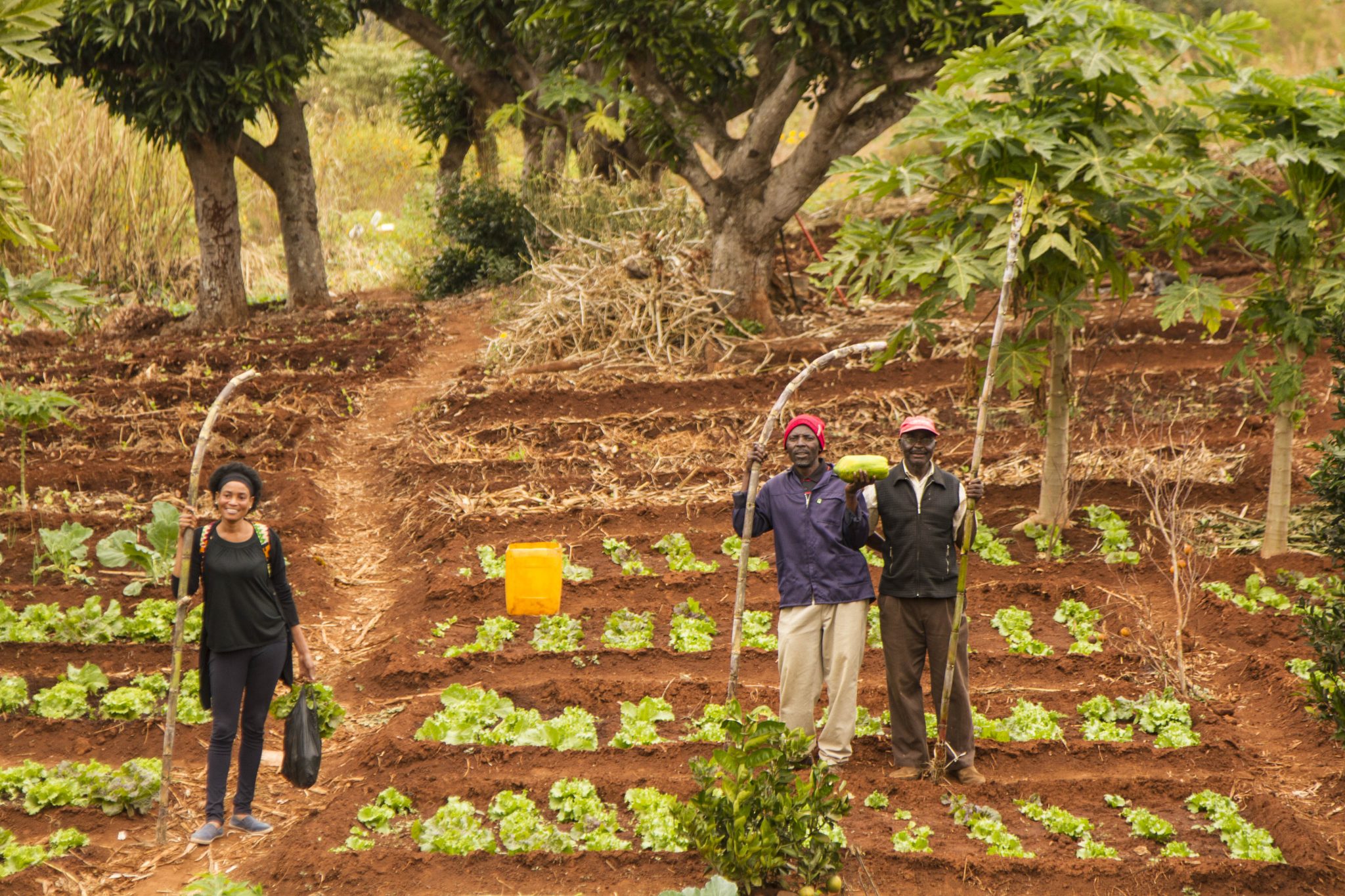Rome, Italy. 21 September 2021.
Following the counter-mobilizations to oppose the UN Food Systems Pre-Summit in July, which gathered more than 9,000 participants from all over the world, civil society and Indigenous Peoples’ groups continue to mobilize this week against the Summit itself, happening on 23 September in New York. The People’s Autonomous Response to the UN Food Systems Summit (UN FSS) have raised the alert on the dangers that the Summit poses to human rights and the entire multilateral UN system: their political declaration which counts almost 600 signatories to date.
An ever-increasing number of voices from outside and inside the Summit, including governments, academia and the UN, share the view that the self-proclaimed “People’s Summit” is destined for failure, given its complex, corporate-friendly set-up.
In a policy brief published today, the People’s Autonomous Response and more than 300 participating organizations of small-scale food producers, Indigenous Peoples, NGOs and academia, argue that the Summit and the process leading up to it are failing to address the most important drivers of world hunger and the climate crisis, especially COVID-19, industrial agriculture, and corporate concentration in food systems. Instead, it is a dangerous distraction, which, by narrowing the focus to finance, technology, and innovation as the solutions, will only exacerbate food insecurity and inequality.
The follow up-proposals presented in the UN Secretary General’s latest draft Statement of Action confirm the fears expressed by many over the last two years: the corporate-driven redesign of global food systems governance is taking shape. The People’s Autonomous Response points out that such an implosion of inclusive multilateralism is promoted from the highest offices of the UN, without any intergovernmental deliberation and mandate.
Despite the commitment by UN FSS organizers, in particular the Deputy Secretary General, to not create new structures, the Rome-based Agencies (FAO, IFAD, WFP) have announced that they will jointly lead a “coordination hub” that draws on wider UN system capacities to support follow-up to the Summit. This would significantly alter the existing global governance of food and agriculture with far reaching implications. This Rome-based hub and a newly established “Advisory Group” are supposed to strengthen linkages to other priority global and intergovernmental processes relating for example to the environment, climate, food security, health and nutrition, as well as key intergovernmental fora such as the High-level Political Forum (HLPF) and Financing for Development Forum.
Such a change in the existing governance architecture would encroach into the functions of the UN Committee on World Food Security (CFS), which is precisely mandated to ensure inclusive policy development, coherence, coordination, and convergence across the UN on issues of food security and nutrition. Grounded in multilateralism and a human rights approach, CFS is a unique forum for civil society to directly dialogue and debate with governments. If CFS and its High- Level Panel of Experts (HLPE) is elbowed out by the Summit, there will no longer be a global forum for human rights in food policy, thus diminishing people’s ability to hold powerful actors of the food system accountable.
“We are extremely concerned that this corporate-led multistakeholderism sidelines inclusive multilateralism. We hope that we can all work together to guard against it,” said Shalmali Guttal, the moderator of a policy briefing organized by the People’s Autonomous Response with Member States’ delegates in Rome on 20 September.
The briefing warned that attempts by the Summit to change the global food governance architecture are bypassing Member States and CFS. If they support such suggestions, the UN Secretary General as well as the heads of the Rome-based agencies, are clearly acting outside their mandates.
In fact, many voices opposing the Summit share the view that the upcoming CFS Plenary on 11- 14 October must become the place for a bold, open and honest debate about the Summit process. A participatory, collective assessment of the Summit by all relevant actors, members and participants in CFS can illustrate how this Food System Summit has generated so much friction, fragmentation and frustration.
The People’s Autonomous Response to the UNFSS will continue to organize counter- mobilizations both at regional and global levels this week and beyond. On Wednesday 22 September, a public briefing will take place. Regional counter-mobilizations have already begun and will continue on 22-23 September. African organizations published a regional declaration in their event on 16 September. An Asia-wide virtual event will take place on 22 September, and Australian groups will also host a virtual event entitled Solidarity and the UN Food Systems Summit. On 23 September, North American food sovereignty organizations in partnership with La Via Campesina are planning a half-day virtual event entitled People’s Kitchen Counter- Mobilization: Food System Take-Back.
–ENDS–
Public briefing
Further information will be provided during a public briefing on 22 September 2021 from 14:00 to 16:00 CET, which will include a Q&A session for journalists. Please register here.
Media contact
Marion Girard, Media officer at the Civil Society and Indigenous Peoples’ Mechanism (CSM) for relations with the UN Committee on World Food Security (CFS) marion.girard.cisneros@csm4cfs.org
Resources
– Counter-Mobilization website: foodsystems4people.org
– Political declaration launched on 15 September 2021, calling all governments and decision- makers across the globe to pursue a radical transformation of food systems.
– Signatories of the political declaration to date
– Policy brief on the UN Food Systems Summit and its implications
– More information about the concerns of the Civil Society and Indigenous Peoples’ Mechanism vis-a-vis the UNFSS.
2


